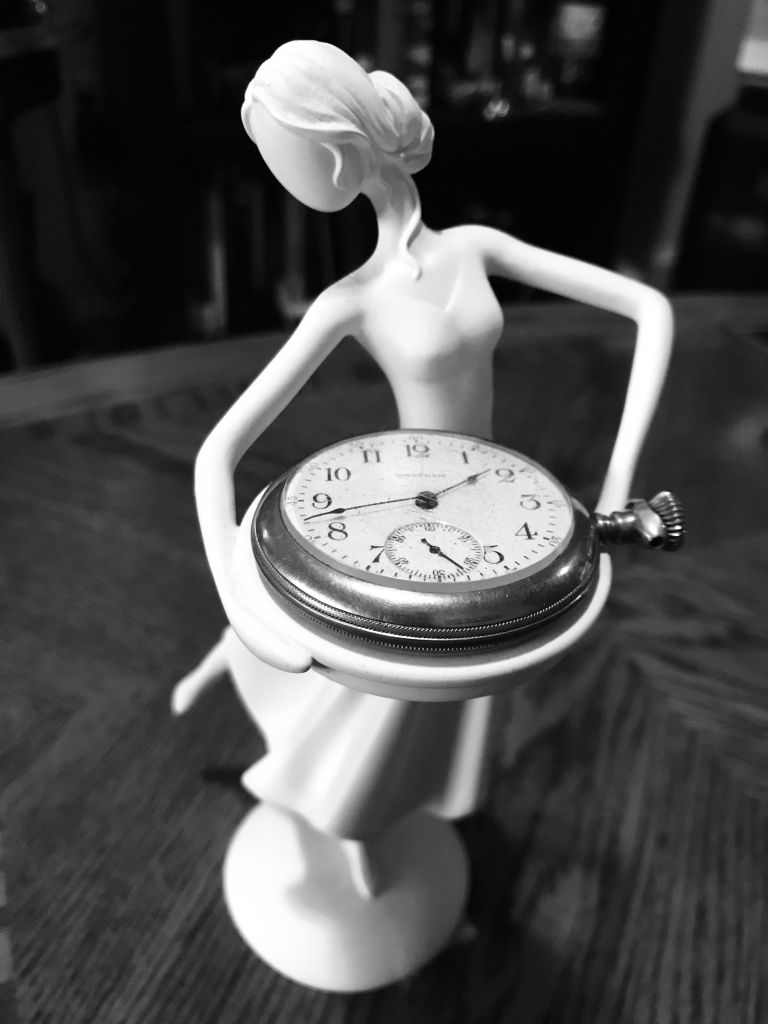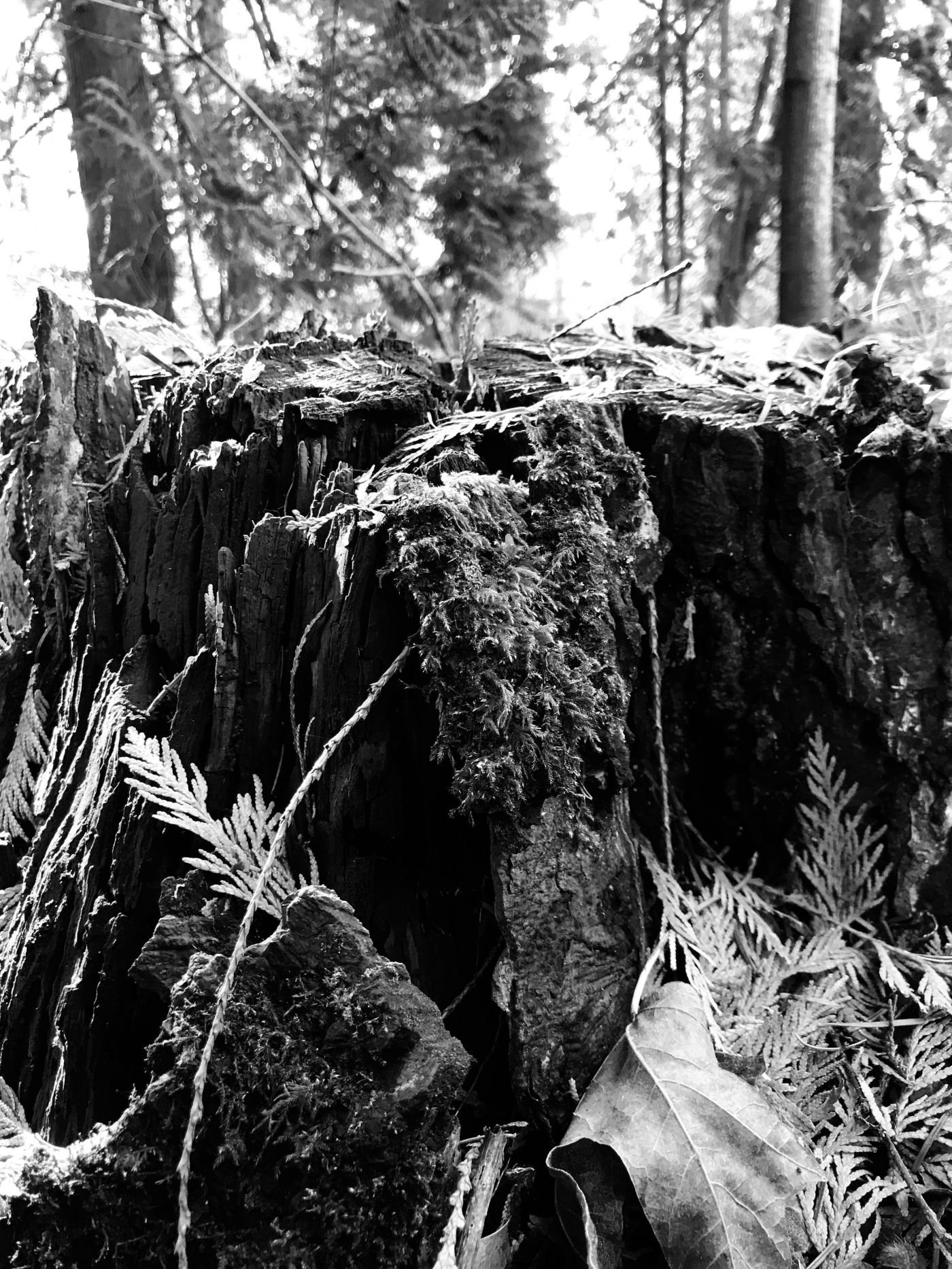
I have not posted much in the last year and a bit. In fact, I haven’t posted at all. That is not because I have been at a loss for words. On the contrary, it is because I have been trying to find the right words to acknowledge and address the loss that has taken place.
I have been told, as I am sure you have, that life is comprised of seasons. Seasons of waiting, seasons of change, seasons of growth…the list goes on.
And yet, if I had to choose, I don’t think I would necessarily describe the last few years as a season of loss. While they have certainly contained loss—of loved ones, opportunities, and routines—they have also contained blessings that I cannot ignore. Among these blessings is the opportunity they have afforded me to reflect on what it is that makes life beautiful.
Which brings me to the topic of this post: nonsense and cherry blossoms.
You see, I finally found something that communicates how I feel about this particular season of my life.
I found it while out for a walk with our family dog. While walking, we happened to stop under a lovely cherry tree. He was taking time to sniff a bush, so I took time to inhale the sweet scent of the blossoms above me. After doing so, I quickly inhaled again.
Have you ever smelled something so beautiful that you immediately felt more beautiful by smelling it?
Have you ever looked at something so beautiful that you immediately felt more beautiful by looking at it?
That was how the cherry tree made me feel.
And part of that beauty was rooted in the hope it inspired in my heart.
Something about the scent and sight of those blossoms transported me above the troublesome thoughts that had been parading through my mind. In that moment, all I wanted was to be completely still. I knew I was experiencing something special.
But, as moments do, it had to come to an end. My dog tired of the bush and moved onto the next one, and, while there were many more cherry trees on our walking route, I inevitably started to think how much I would miss them when they were no longer in bloom.
Cherry blossoms, after all, are fragile things. They are beautiful, but delicate. Some harsh winds and even harsher rains can easily send them crashing to the ground. They don’t last forever.
I knew it was only a matter of time before I would no longer be able to admire this floral display. And, before I could stop it, a feeling of melancholy took over me. I started to grieve something I had yet to completely lose. Sure, I had lost cherry blossoms before, but, for some reason, the thought of losing them this year made me extra sad.
Maybe it’s because it’s not until you’re about to lose something that you begin to realize how special it is and how much it adds to your life. Maybe it’s because it’s difficult to imagine ever experiencing something more beautiful than a particular moment and the thought of never experiencing that moment again is hard to accept. Maybe.
For some of us, this has been a season of saying goodbye to cherry blossoms—beautiful moments of our existence that we wanted to cling to forever. The loss of these beautiful parts of our lives have left us feeling fragile, vulnerable, and exposed to the unexpected storms of life. We are still here, but our branches are a bit bare in places.
However, as I have already mentioned, there’s something hopeful about cherry blossoms. As I continued my walk the thought struck me that these blossoms are a precursor to fruit. If we never let them go, we will never taste the sweetness of what follows. We will miss out on a different beautiful moment. An experience that, in its own way, may be just as special.
As this thought began to take hold of my mind, I started to think that the fallen cherry blossoms may be even more beautiful than the ones that remain on their branches. These blossoms, scattered on the sidewalks and roads of our lives, mark out a path of what is to come. This path isn’t dark and ugly. It is full of promise. As we step into the future of what that means, they are encouraging us to anticipate fruit.
Cherry trees, you see, know how to say goodbye. They remind us that loss, as hard as it may be, creates opportunities to experience new blessings. The sweetness of their goodbyes is found in the promise of the hellos that follow.
The thing is, when I think about the last few years as a cherry tree season, I no longer feel sad. I feel grateful. While losing things we love may never make sense, sometimes it is in the moments when we can’t make sense of things that we actually find it within ourselves to be still.
Wishing you many special cherry blossom and fruit-filled moments as you walk towards what’s next in your life.







